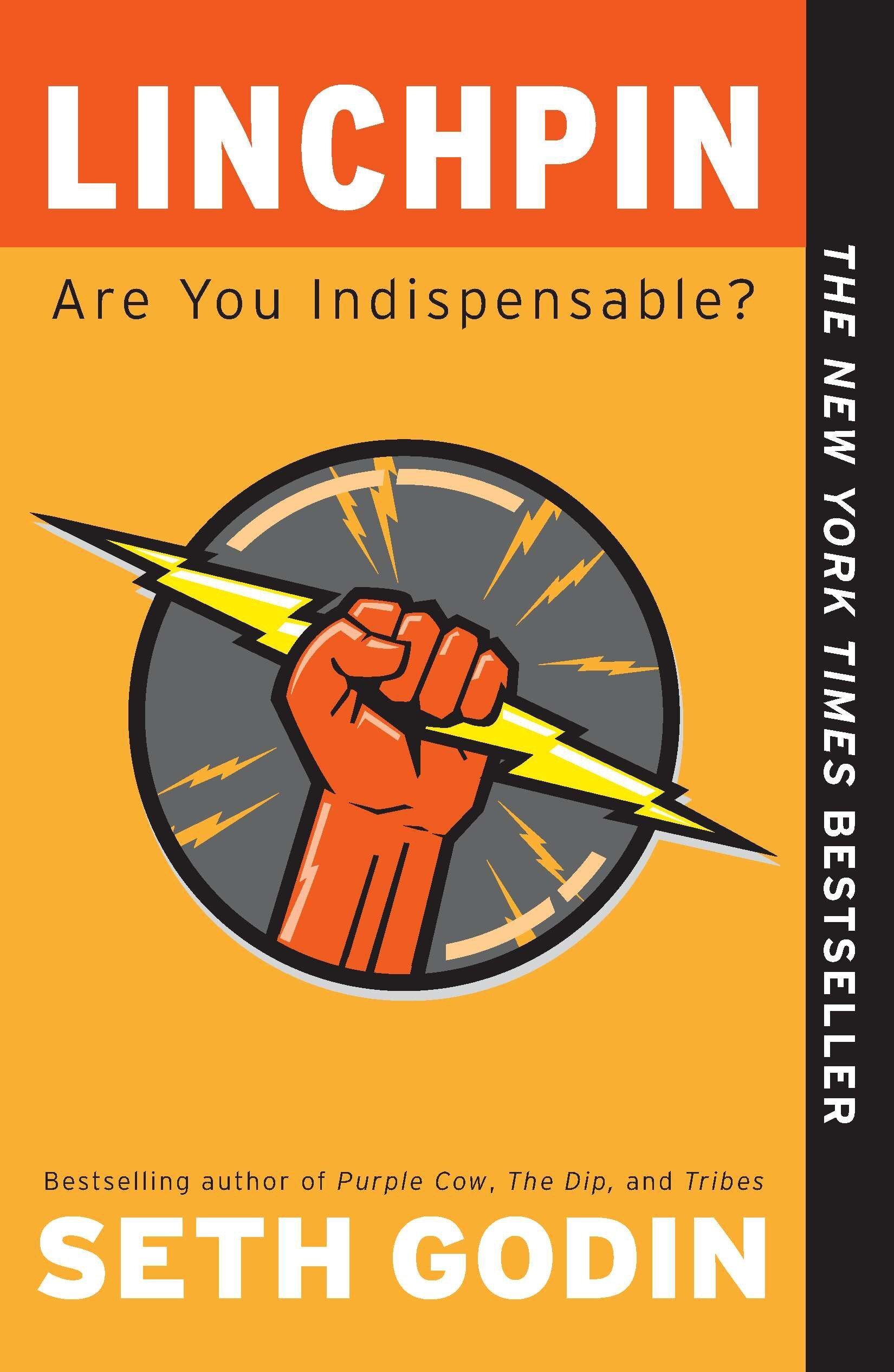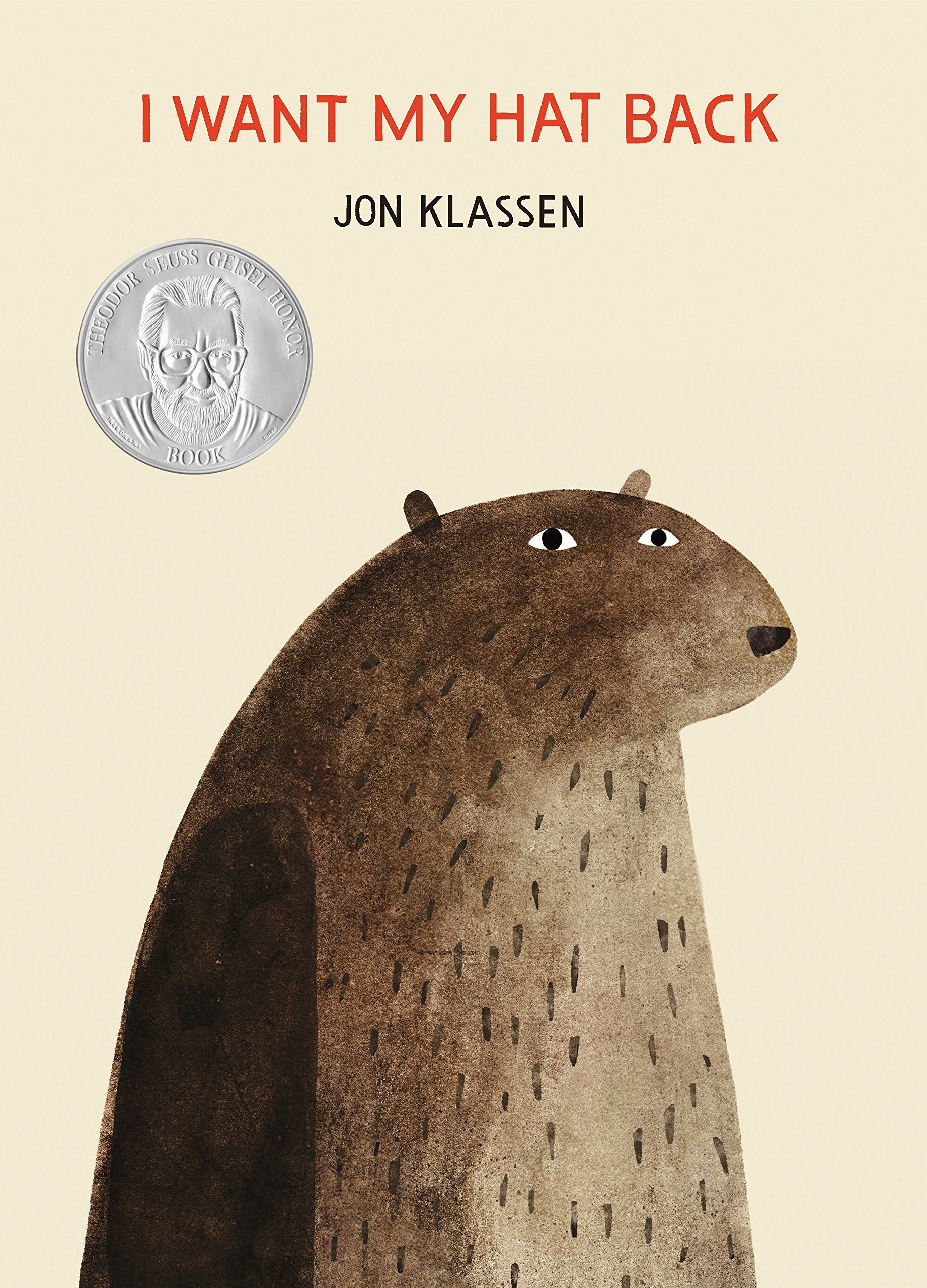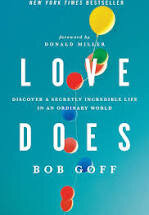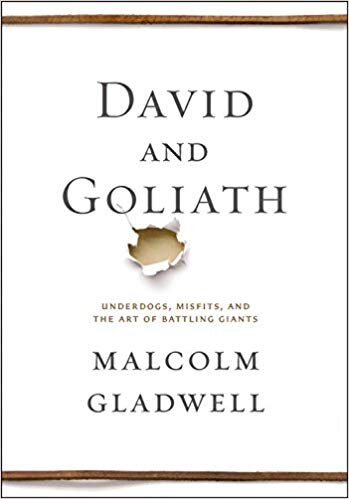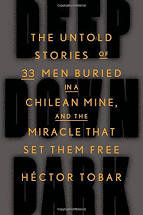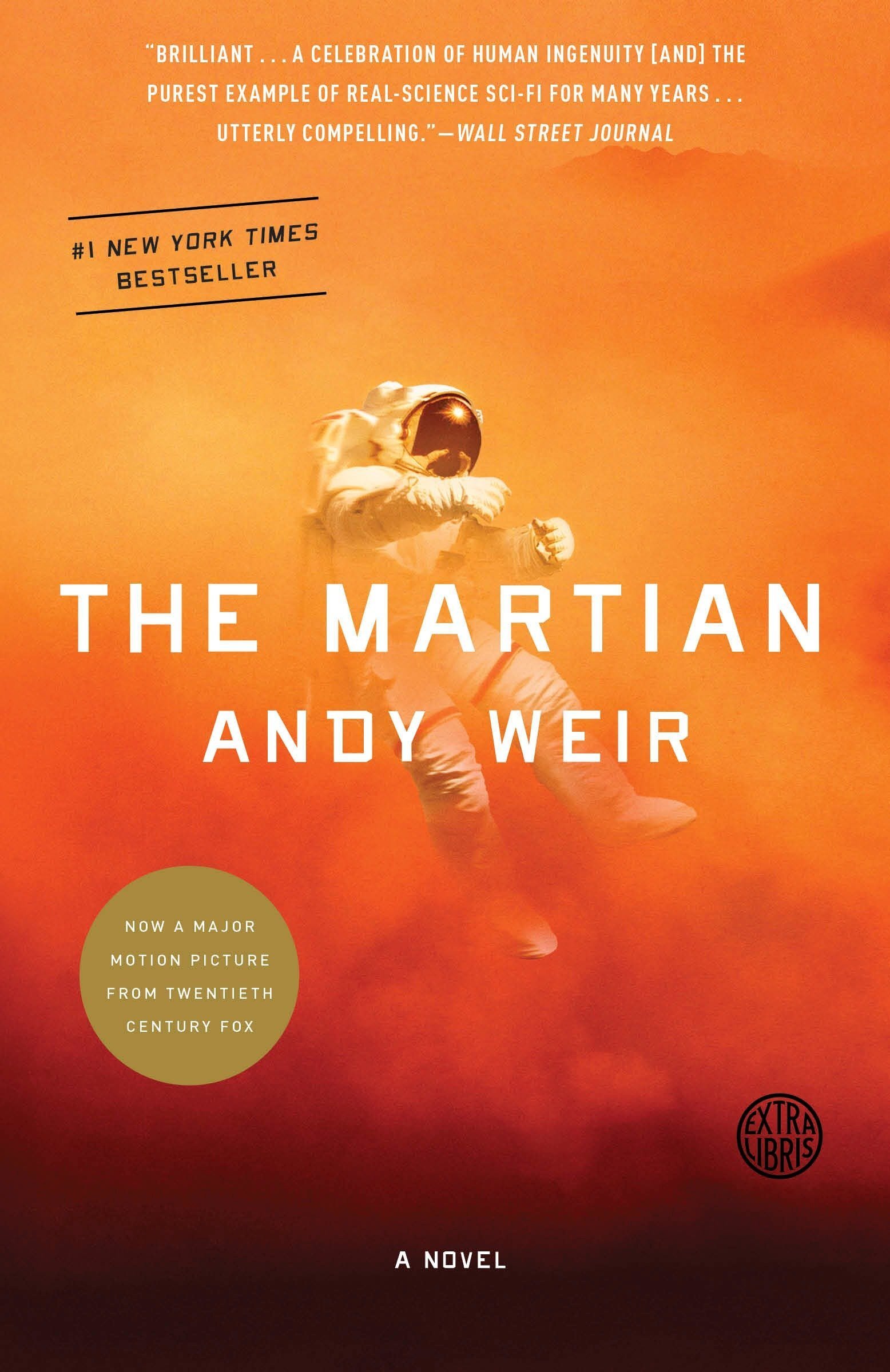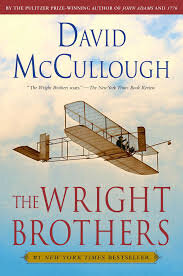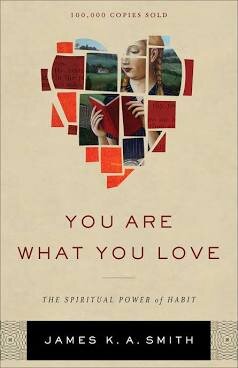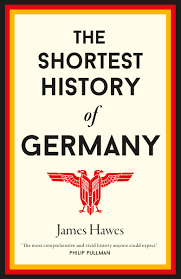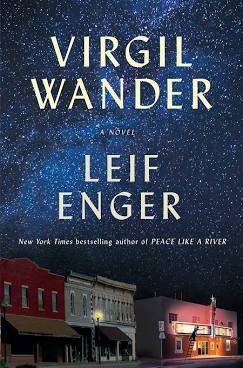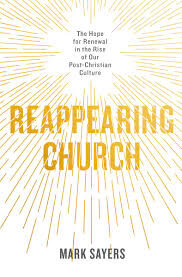The Best Book of the Year… From Each of the Past 10 Years.
It’s the end of the decade and I really like Top 10 lists. An irresistible temptation!
What follows is a list of my favorite book to be released in each of the past ten years (2010-2019), e.g. the best book of 2010, the best book of 2011, etc.
I didn’t read each of them in the year they came out, and doing the list this way did require me to leave some excellent books on the cutting room floor (I cheated twice by having two books from the same year). I read many great books in the last ten years that I couldn’t include here, including quite a few that I had the privilege of working on in my role at a publishing house. Look for more posts from me in the next year about many more of these books.
Without intending to do so I’ve created a reading time machine to 6, 8, and 10 years ago. I loved thinking about and making this list and it turned out to be the best way to represent the decade without recency bias or bunching too many books together. I commend each of these books to you as important, interesting, and original!
Without further rambling, here’s the list:
Linchpin by Seth Godin (January 26, 2010)
Quite simply, this may be the best business book I ever read. I did buy this one right when it came out and I read it that summer. I remember where I was when I read it and I still refer to my marked-up copy with some regularity. I get Godin’s daily emails and always appreciate his thoughts… however, I haven’t read too many of his books. But this one is great. It’s succinct, interesting, helpful, and way more complex (I mean that as a compliment) than most books of its kind. Highly recommend. Its title and subtitle tell the story, and it changed how I view professional life.
I Want My Hat Back by Jon Klassen (September 27, 2011)
This, I presume obviously, is a children’s picture book. I couldn’t not slip it in the list. This book is beautiful to look at, better to read out loud, surprising in its storyline, and really funny. Whether you have an audience waiting for you to read to them or merely want a quick, repeatable laugh—go buy this book. There’s a bear, his woodland acquaintances, and a lost hat. I also give the book 20 bonus points for a perfect title. Pay the $15, take the five minutes, and just trust me. Don’t Ask Me Any More Questions!
Love Does by Bob Goff (April 30, 2012)
I have a special place in my heart for authors who wrote their first book, which also became a bestseller, post age 50. This one is a series of really separate essays or stories—normally not my favorite format for a book—that will leave you enthralled, hopeful, laughing, and striving toward a life that doesn’t leave anything on the field. From parades where everyone participates to lending boats to strangers to holding legal meetings in Disneyland to inviting foreign diplomats over for dinner… Bob has led a life of intrigue and generosity that reeks of fun and following Jesus. A great combo! Bob became my friend as I read his book—as he did for a few million others. Also, he put his phone number in the back. What a cool guy. Read the rest of my original review here.
David and Goliath by Malcolm Gladwell (October 1, 2013)
Malcolm Gladwell’s longform journalism has, in many ways, bridged the gap between how we read and consume information on the Internet and how we do so in books and magazines. His writing is succinct and curiosity-inducing. With each story he leads his readers on a path toward something interesting, and while we don’t always know where he’s taking us… inevitably we’re a little surprised and very satisfied. This book is great. Go read it. Then also go find his Podcast (“Revisionist History”)—it’s the same idea in your ears.
Both of my favorite books from this year featured miraculous rescue attempts from otherworldly environments by friends who wouldn’t give up. Not sure how to read into that, but it’s worth noting nonetheless!
Deep Down Dark by Hector Tobar (October 7, 2014)
This is a real story. It’s got in-depth reporting, full-blown character development, and heart-wrenching scenes. I don’t know of too many books that caused me to hold my breath for entire paragraphs (and maybe whole pages)—this one did. What a read. Maybe you remember this happening or maybe you don’t, but either way go read the book… you’ll be entertained, challenged, and won-over by a group of strangers turned heroes.
The Martian by Andy Weir (February 11, 2014)
I read any good non-fiction I can about going to space. And I barely read fiction. But sometimes, sometimes there’s a well-written space novel, which seems plausible (as compared to science fiction that has a lot more fiction than science!)… This book fit the bill. It’s a great read: lots of potatoes, space drama, and a mix of history + future. I commend it to all non-fiction and fiction readers alike. The movie is good too, but read the book first so you don’t only picture the protagonist as Matt Damon.
The Wright Brothers by David McCullough (May 15, 2015)
David McCullough’s books will be read 100 years from now (I can’t say that for sure about too many authors). This one isn’t his best (that’s probably Truman)… but it is one of his least hefty ones! So, for all the McCullough neophytes this is a great place to start. The twenty years leading up to Orville and Wilbur’s fateful (really short!) flight were full of competition, danger, close calls, and lots of bicycles. Read the book, learn some things you didn’t know, and realize how amazing those great metal birds in the sky really are.
You Are What You Love by James K. A. Smith (April 5, 2016)
This book represents some of the best publishing work of the past decade—turning super high-level material into books normal people like us can read. As I got to the 2/3 mark in the book, I found myself interested and curious, but also wondering what I should do with my newfound perspective. And bang. Chapters 5-6 are all about the liturgies of our homes and the ways we indoctrinate our kids. These two chapters (though necessarily pre-ambled by the first four) are worth double the price of the book. He deals in what makes a real community, how to calibrate our children’s hearts toward things that matter, routines and rituals beset in our home lives, the transformative power of the dinner table, and even how to create “enchanted” (in a non-weird way) households. Read the rest of my original review here.
The Shortest History of Germany by James Hawes (April 28, 2017)
What I love most about this one is the idea behind it: The “Shortest” something about a huge topic. Genius. I would almost surely never read a 500-page book on the history of Germany, but they got me with that one magic word! And it was totally worth it. From thousands of years ago through 2015… The writing was good, the charts explaining all the complicated historical innerworkings were better, and the idea itself was best. Fully repeatable for dozens of other topics and I hope that’s just what they do!
Virgil Wander by Leif Enger (October 2, 2018)
Leif Enger has written three novels in the past twenty years. Each of them, successively, was the most enjoyable novel I ever read. He is a master of words, a builder of scenes, and a character developer on par with F. Scott Fitzgerald (perhaps I’m over-reaching, but I’ve been thinking on this for pretty much the entire decade). His latest has sinking cars, pirated movies, huge explosions, and a sulky millionaire (less likable than Jay Gatsby, for sure, but more complicated). This guy is good. Read all his books right now.
Leadership by Doris Kearns Goodwin (September 18, 2018)
The ability to learn from the past is one of the most important traits someone can have. Goodwin does this herself and shows the rest of us how to do the same! Abe, Teddy, Franklin, and Lyndon—each compelling characters, strong leaders, and regular flawed people. The ties that DKG follows from these four remarkable lives is really something to behold… from their tragic inciting incidents to their decisions to re-enter the fold. Each of these leaders had a chance to bow out of the fight and each of them stayed in the ring.
Reappearing Church by Mark Sayers (August 6, 2019)
Well, here’s a biased one. In all truth, I work for the company that published this book and I was one of the editors on the project. But, I’m not sorry to include it in this list. It’s here because it’s great and because it’s a hope-filled book for a new decade. Reappearing Church peers into our current global situation (panic, secularism, tribalism, and all kinds of other stuff) and finds some cracks of light peeking under the door. Sayers wrote Disappearing Church three years ago—it told of the ways in which we looked for the things of God in places made by people, often causing church and culture to look a little too similar. This new one speaks of revival (personal and corporate) and why this moment in history is ripe for both. I love this book for 2020 and beyond.
I added a few books to the above since I originally posted it—I remembered some other books that had to be on the list (sorry, ten years is a long time to sift through them all)!
And, after a few people asked, here are some other works that hit me in just the right spot during the past decade (it took most of my energy not to make this a Top 20 list!):
Humble Roots by Hannah Anderson
Hillbilly Elegy by J. D. Vance
If God is for Us by Trillia Newbell
Creativity, Inc. by Ed Catmull
One Blood by John Perkins
Go Set a Watchman by Harper Lee
American Icon by Bryce Hoffman
Happy reading in 2020. Start with any of the above and you won’t be disappointed. Audio or ebook are possible, paper is preferred.

